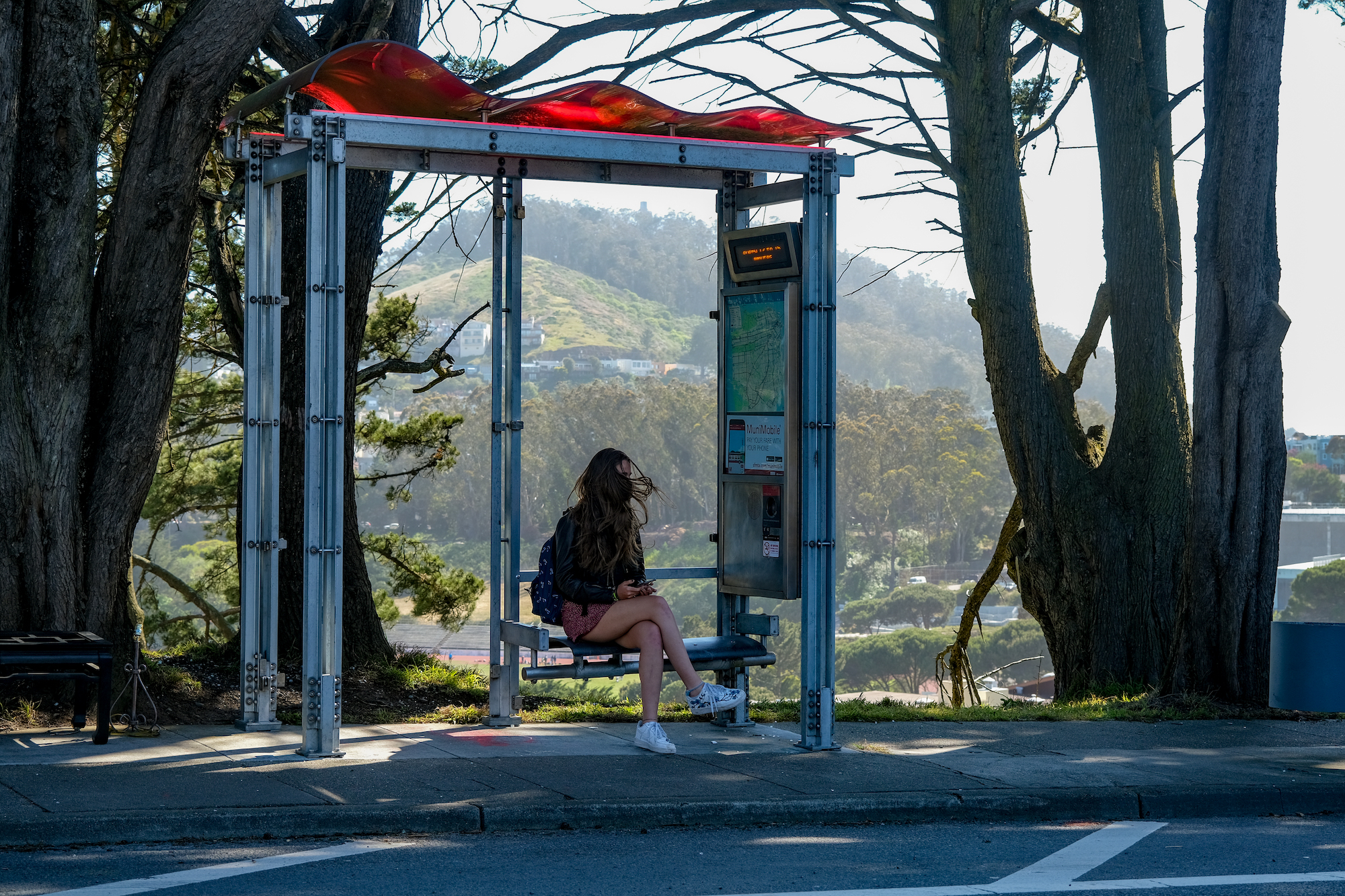San Francisco’s Free Muni for All Youth program has secured funding through 2024 after uncertainty over the transportation agency’s ability to cover the costs.
The pilot to expand free fares for all youth 18 years and under began in August, a long sought win for transportation and youth advocates. But as the San Francisco Municipal Transportation Authority continues to recover, some Free Muni proponents worried—and still worry—that the program’s future isn’t assured.
On Tuesday, the SFMTA Board of Directors approved a budget that kept fare prices intact and preserved funding for Free Muni for All Youth through fiscal year 2024, which ends in June.
The two-year, $4.1 million program is estimated to cover fares for nearly 27,700 San Franciscans. About 75% are estimated to be youth of color and 65% are low-income.
Given how tough it was to get the initial pilot funding, Adrianna Zhang, who sits on the Youth Commission advising the Board of Supervisors and mayor, worried that advocacy would be weaker this time around. But the funding prevailed.
“I think [Free Muni’s] renewal shows the SFMTA and the city’s commitment to equity for young people,” said Zhang, Youth Commission Executive Chair. “Transportation is more than just traveling: it means economic freedom, community engagement, and social participation.”
The city previously covered fares for low-income youth but advocates like Zhang said having to apply presented barriers. Under the pilot enacted in August, any San Francisco resident under the age of 19 may simply board a bus or enter a train station and, if needed, show ID to prove their age. Cable cars are not included.
Alexander Hirji, a high school senior who sits on SFMTA’s Youth Transportation Advisory Board, said he notices more youth riding to events or other matters outside of school since the pilot took effect.
“You just hop on and go, it makes it more attractive,” Hirji said. “I’ve definitely heard from youth who were not in the [low-income Free Muni program] and struggled to pay for the bus or train fare. It still goes a long way for them.”
Proof of payment is not required for those 18 and younger but SFMTA encourages them to carry student ID or other forms of ID to verify age if needed.
Riding the bus as a youth in this program has shown itself to be simple. Just hop on and off. However, Hirji and Zhang both said that some youth have run into issues with station agents who don’t accept their school ID, which has no birthdate.
SFMTA spokesperson Erica Kato said the agency heard from community members urging them not to increase fares and to continue or expand discount fare programs. She added they were “proud” to fund Free Muni for All Youth through fiscal year 2024.
“So many young people and families with children rely on public transportation and these fares can have an impact on their budgets, and public transit helps our city’s youngest residents grow and thrive,” Kato said in an email.
In the long run, Hirji said officials should identify a more permanent revenue stream to assure the program’s existence beyond each budget cycle. He hopes that after the program is funded again in 2024, advocates can work to expand it to transitional age youth — those up to age 24 — and City College of San Francisco students.
San Francisco State University and University of San Francisco students pay a campus fee that covers Muni, but just for the fall and spring semesters. SF State’s transportation pass includes a 50% discount on BART rides in and out of the Daly City Station.
“Identifying a more permanent source…would definitely reduce the fears that the program could die,” Hirji said. “We got this thing, now let’s just get people using it.”
